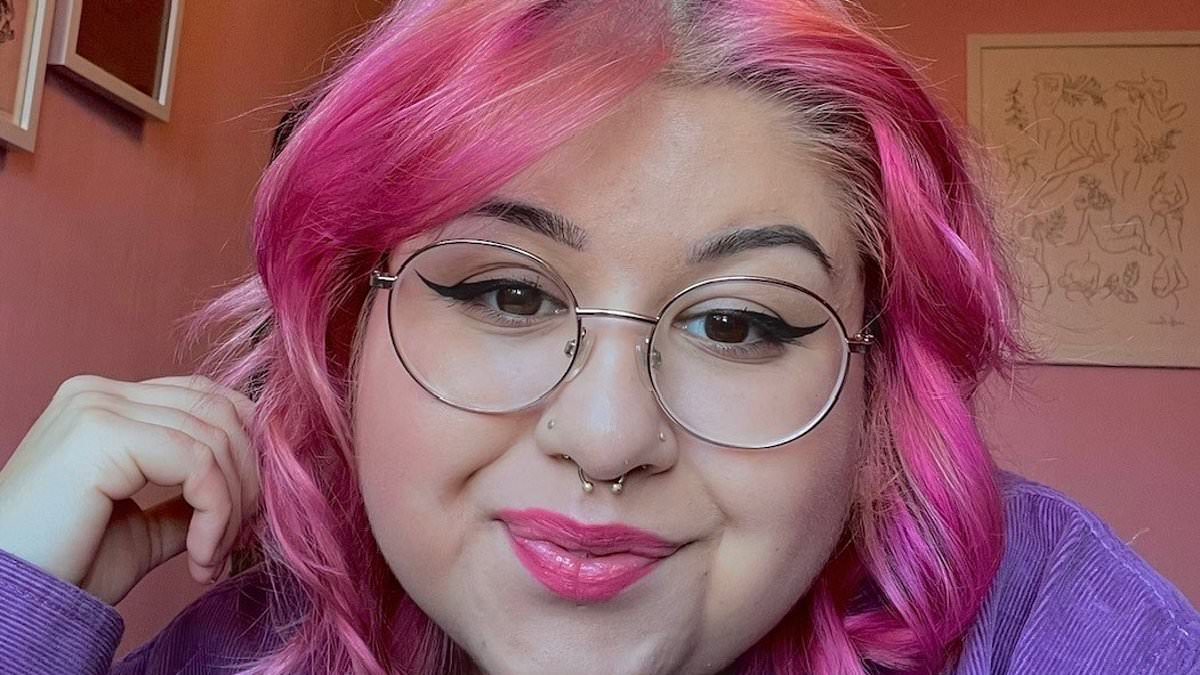Thousands of children and young adults in the UK with serious mental illness are being denied the help they need because doctors label them as difficult and attention-seeking, experts claim.
Leading medics are now calling for an immediate ban on youngsters being classed as having borderline personality disorder (BPD) – a condition in which they are often considered emotionally unstable and even manipulative.
Experts say the diagnosis – although recognised as a medical condition – encourages mental health staff to treat patients as troublesome rather than in need of specialist psychiatric care.
They add that in some cases doctors ignore warnings that patients with BPD are planning to harm or kill themselves because they believe they are ‘making it up’.
As a result, many are denied treatment with drugs or counselling that might help. This is despite the fact that studies show up to one in ten people with BPD symptoms end up committing suicide.
Now hundreds of senior medics have signed a letter to Health Secretary Victoria Atkins demanding the term be scrapped. It warns that doctors are telling young patients they have a flawed personality when many actually have severe mental illness triggered by trauma.

Liv Johnson’s borderline personality disorder diagnosis meant she didn’t get therapy
The letter, signed by former Health Minister Sir Norman Lamb as well as leading psychiatrists, psychotherapists and mental health nurses, states: ‘Until there is conclusive proof that this diagnosis does not harm children, we say it should not occur in the UK.’
An estimated 8,000 patients a year in England alone are treated on the NHS for suspected BPD. Sufferers find their emotions confusing and hard to control, they struggle with relationships and experience disturbed thoughts. They often have a deep-rooted fear of being abandoned and can act impulsively. It is diagnosed by a nine-point symptom list – if patients have five or more, they are labelled as having BPD.
An estimated 1.5 million people in the UK meet BPD criteria. But research shows many mental health professionals treat them differently to those they consider to have a ‘genuine’ problem.
In a study, University of Wisconsin researchers interviewed 22 psychiatrists to get their views on BPD patients. The results, published in the journal Social Science And Medicine, found most described them as ‘difficult’ and did their best to get them out of their clinics as soon as possible.
One even told researchers: ‘In professional circles, borderline is often synonymous with ‘pain in the ass.’ ‘
In 2022, the Royal College of Psychiatrists advertised a course for its members which described personality disorder as ‘a thorn in the flesh of many clinicians’.
‘These people are treated really badly,’ says Keir Harding, an occupational health therapist and mental health specialist who has campaigned for several years for the BPD label to be scrapped. ‘Yet many have lived through neglect, trauma and abuse. Mental health services are letting them down.’
Liv Johnson, 25, from Herefordshire, has experience of this. She suffered abuse as a child which led to an eating disorder in her teens. At 15 she was admitted as a psychiatric inpatient after self-harming and taking an overdose.
It was only when she got her discharge letter two months later that Liv realised doctors had labelled her as having BPD. ‘I don’t remember any assessment for it, or it ever being mentioned by staff,’ she told The Mail on Sunday.
One time she self-harmed, she says, A&E staff denied her medical treatment due to her BPD diagnosis. ‘They said they wouldn’t stitch my wound because I was a self-harmer who wanted the attention of having stitches,’ says Liv, who now works as a mental health peer support worker.
When she was 22, doctors finally changed her diagnosis to Complex Post-Traumatic Stress Disorder, to take account of her childhood traumas. It meant she could finally access the therapy she was denied as a BPD sufferer.

Health Secretary Victoria Atkins has been urged to scrap the term borderline personality disorder
Angela Mays, 73, from Hull, lost her 22-year-old daughter Sally to suicide in 2014 after staff at an NHS mental health unit refused to admit her – even though she tried to strangle herself in front of them.
A hearing was later told that one of the nurses said: ‘Leave her – she will faint before she dies.’
Sally, who had a history of eating disorders and depression, ended her life at home a few hours later.
Retired management consultant Angela insists her daughter was not taken seriously because she had been diagnosed with BPD.
‘It’s a stigmatising term. Most doctors think of it as a behavioural disorder. I was told by an NHS psychotherapist that my daughter wasn’t really ill at all – even though she’d been in and out of hospital for three years.’
Dr Lade Smith, president of the Royal College of Psychiatrists, said: ‘The care of children with mental health needs is of paramount importance – we work with experts to ensure they get the best high-quality mental healthcare possible.’
The Department of Health and Social Care was approached for comment.








